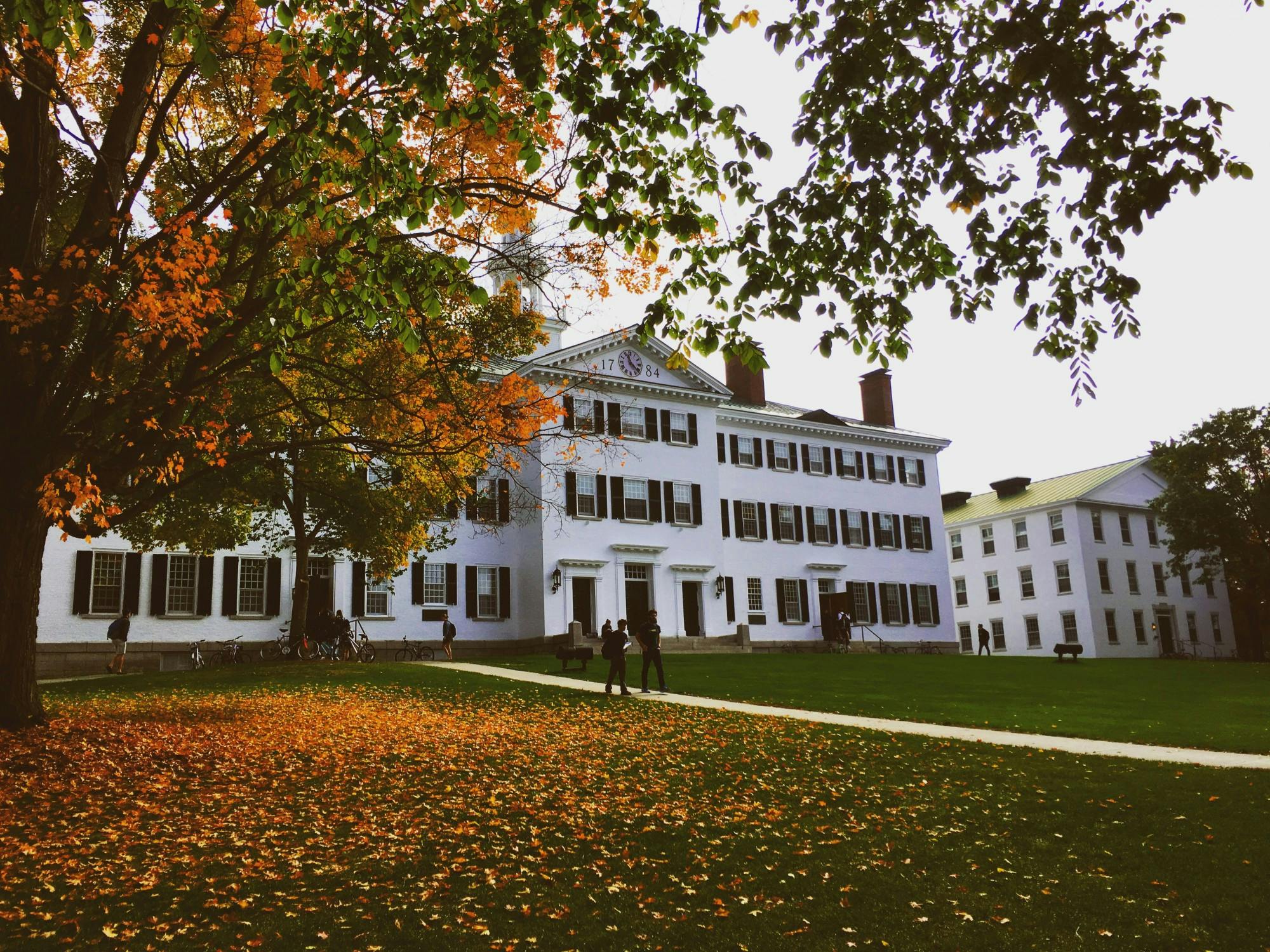As students depart for the holidays, the College has seen a dramatic rise in COVID-19 cases among students, faculty and staff.
According to the College’s COVID-19 dashboard, there are currently 29 active undergraduate cases, 16 active faculty and staff cases and one active graduate student case. In the past seven days, there have been 75 new active cases identified — 50 among undergraduate students, 23 among faculty and staff and two among graduate students. In comparison, the week of Nov. 7 saw only 10 positive tests.
Two unrelated clusters of positive students — one of three students on Nov. 17 and one of seven students on Nov. 22. — have contributed to the rise in cases. The dashboard states that a faculty and staff cluster identified on Nov. 15 has been “resolved.”
“Students are isolating and being cared for at home and in College-designated isolation housing,” College spokesperson Diana Lawrence wrote in an emailed statement. “Students who have tested positive for COVID-19 and are required to isolate may not travel by public conveyance but can travel home via private conveyance [like a car] to spend the holiday with family and friends.”
The rise in cases reflects a “fifth wave” occurring globally, Lawrence wrote. New Hampshire and Vermont currently have the second and seventh most daily new cases per 100,000 residents, respectively, out of all states, according to New York Times data, and both set pandemic records for new cases statewide in the last week.
As of Nov. 23, 96.5% of the Dartmouth community — students, faculty and staff — have been fully vaccinated against COVID-19, according to the College’s dashboard.
Though it is “difficult to know if these cases are related to waning immunity” — the potential decline in efficacy of vaccines over time — the College encourages students to seek out booster shots for COVID-19 over the break and has begun work on a plan to offer more student booster clinics locally, Lawrence wrote.
The Centers for Disease Control and Prevention endorsed booster shots for all adults on Nov. 19, citing findings that an additional shot counteracts the waning efficacy of COVID-19 vaccines over time. Vaccinated individuals become eligible for a booster shot six months after their second dose of the Pfizer/BioNTech or Moderna vaccines, or two months after their single Johnson & Johnson vaccine dose.
Lawrence wrote that, at this time, the College only recommends booster shots, but will revisit this recommendation based on future CDC recommendations. As of Nov. 23, the CDC’s website states that adults aged 18 to 49 who received the Pfizer/BioNTech or Moderna vaccines “may,” whereas adults over 50 “should,” receive a booster shot. Anyone over 18 who received the Johnson & Johnson vaccine “should” receive a booster shot, according to the CDC.




